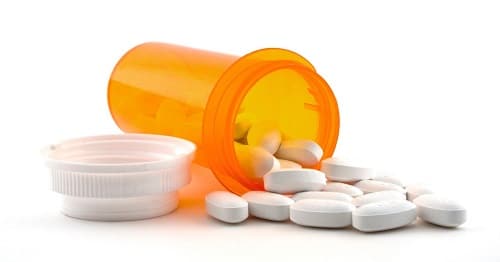What is insulin resistance?
Insulin resistance (IR) is a medical condition in which the cells of the body develop a resistance to the effects of insulin. In other words, there is a reduced response to a given amount of insulin. Therefore, a higher-than-usual amount of insulin is required to generate sufficient hypoglycemic effects. As a result, the pancreas increases its insulin production to compensate for this resistance. IR usually has either an exogenous cause (e.g. insulin injections) or an endogenous cause (e.g. the body’s natural insulin).
Medications for insulin resistance treatment
Regardless of the cause, insulin resistance can be treated through lifestyle modifications, especially exercise and weight loss. Dietary change is also known to improve the condition. At the same time, the cessation of smoking may help to manage IR, as smoking is a risk factor for IR. Non-pharmacological treatments are able to restore the body’s ability to respond to insulin normally while improving overall wellbeing.
In some cases, doctors may prescribe medicines to treat insulin resistance. Currently, there is no medication that has been approved by the FDA for the treatment of IR. However, some of the prescription drugs that are originally indicated for Type II diabetes may help to restore the body’s normal insulin response and reduce blood sugar levels. There are primarily two groups of drugs that have beneficial effects on the insulin response of muscles and tissues: thiazolidinediones and biguanides. Metformin is a type of biguanide that helps to lower the risk of progression to diabetes, although it is not as efficacious as non-pharmacological interventions, like exercise and weight loss. Alpha-glucosidase inhibitors, which act by a different mechanism, are also used to delay or restrict carbohydrate absorption after meals. This helps to prevent a sudden surge of blood sugar levels. Other insulin resistance drugs can be prescribed to enhance the synthesis of insulin. It is believed that these drugs, which include meglitinides and sulfonylureas, have a direct action on the pancreas.
In addition, supplements such as chromium, magnesium, alpha-lipoic acid, and Coenzyme Q10 (CoQ10) seem to have a positive effect on insulin resistance.
Doctor’s Recommendation
Managing insulin resistance involves making healthy lifestyle changes and taking prescribed medication regularly. This includes choosing the right meals and snacks, reading nutrition labels, and working toward a healthy weight. Regular exercise and sticking to your medication schedule are also key.
Questions to ask your doctor:
- Does insulin resistance always lead to diabetes?
- Can healthy eating habits early in life prevent insulin resistance?
- Can thin people develop insulin resistance?
- Will insulin resistance make it harder to lose weight?



